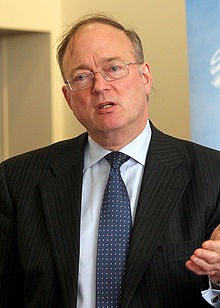For innovations to become successful they usually have to pass through three levels of filters – regarding the market, technology and society. However the challenges related to these filters don’t necessarily come prior to introduction, rather they emerge in correlation with adoption and uptake and success rates of the respective product or service. Such seems to be the case with 3D printing and Additive Manufacturing (AM) – especially with the latter filter – the societal one. We reported earlier on a UK study underlining the importance of creating national policies, but the most recent news demands a unified regulatory approach for the whole of the European Union.
The project is officially called SASAM – the abbreviation coming from Standardization in Additive Manufacturing. The official mission of the project – in political jargon – is “to drive the growth of AM to efficient and sustainable industrial processes by integrating and coordinating Standardization activities for Europe by creating and supporting a standardization organization in the field of AM”. Considering the variety of news about different applications created with 3D printing tech – especially the bleak ones (referring here to the infamous gun project once again), the need for official policies can be understood even from the grassroots level.

In short, the standardization package is designed to increase the competitiveness of companies – especially those of SME size – in order to give the whole EU a boost with technological progress. However, the UCD aspect is also there and the new policies set by the standards–body will be closely monitored. The companies themselves will be participating closely in the process both on EU and national levels.
The breadth ad impact of these policies remains somewhat unclear, as Harbour refers to its relevance specifically in situations where international standards are unavailable or where they do not adequately serve European needs.

Read the full Malcolm Harbour interview from this link.
Source: SASAM


